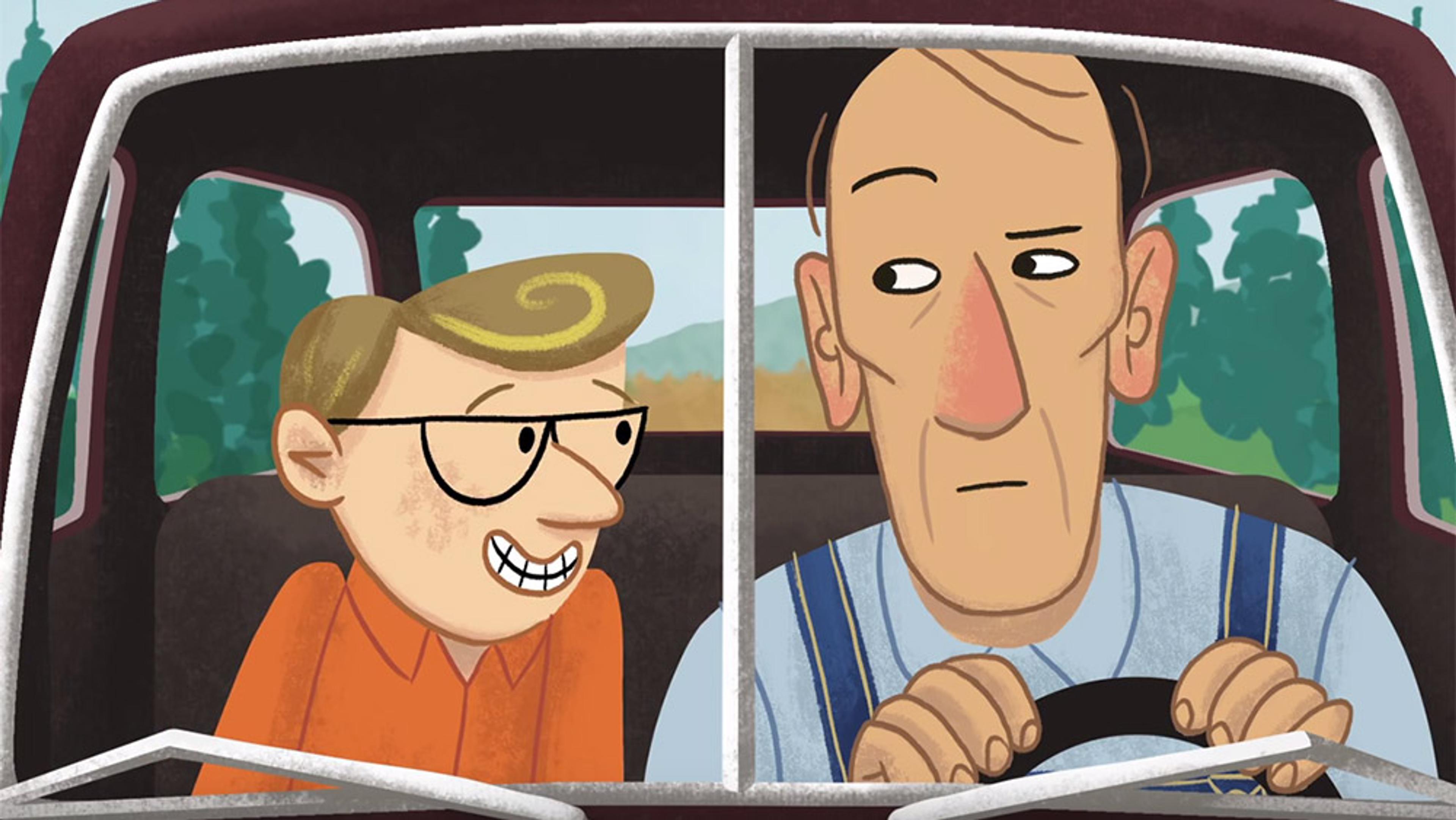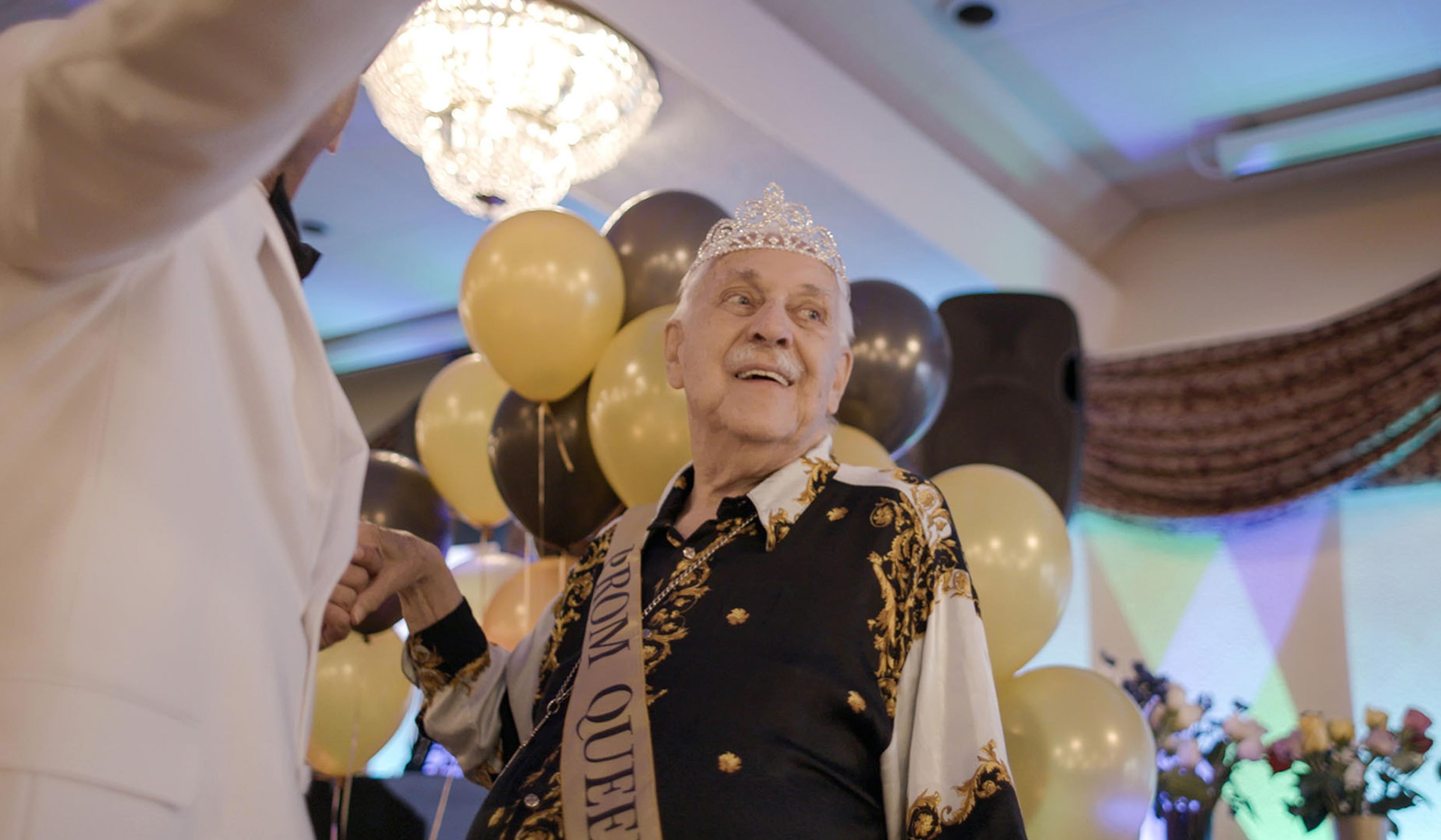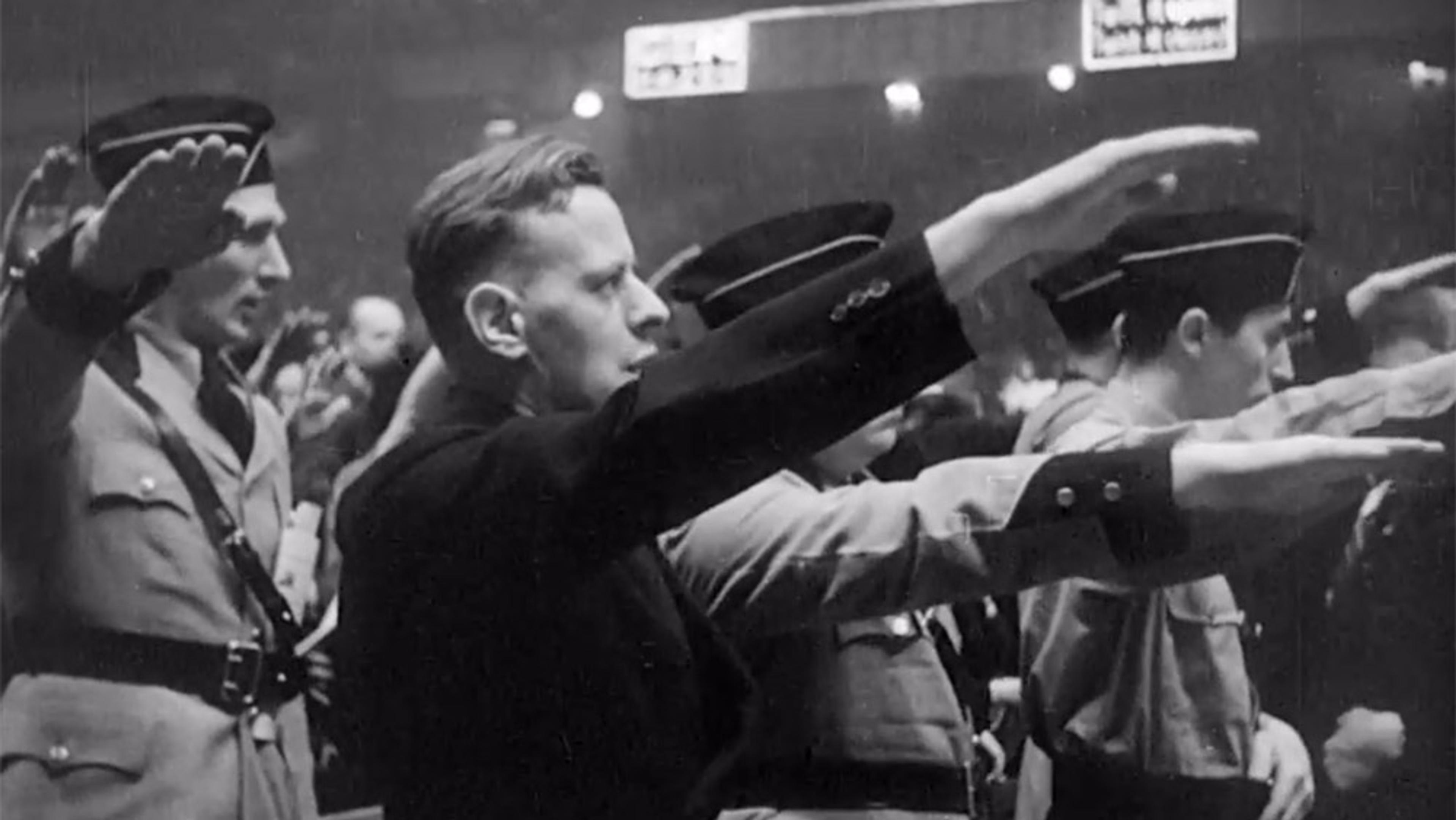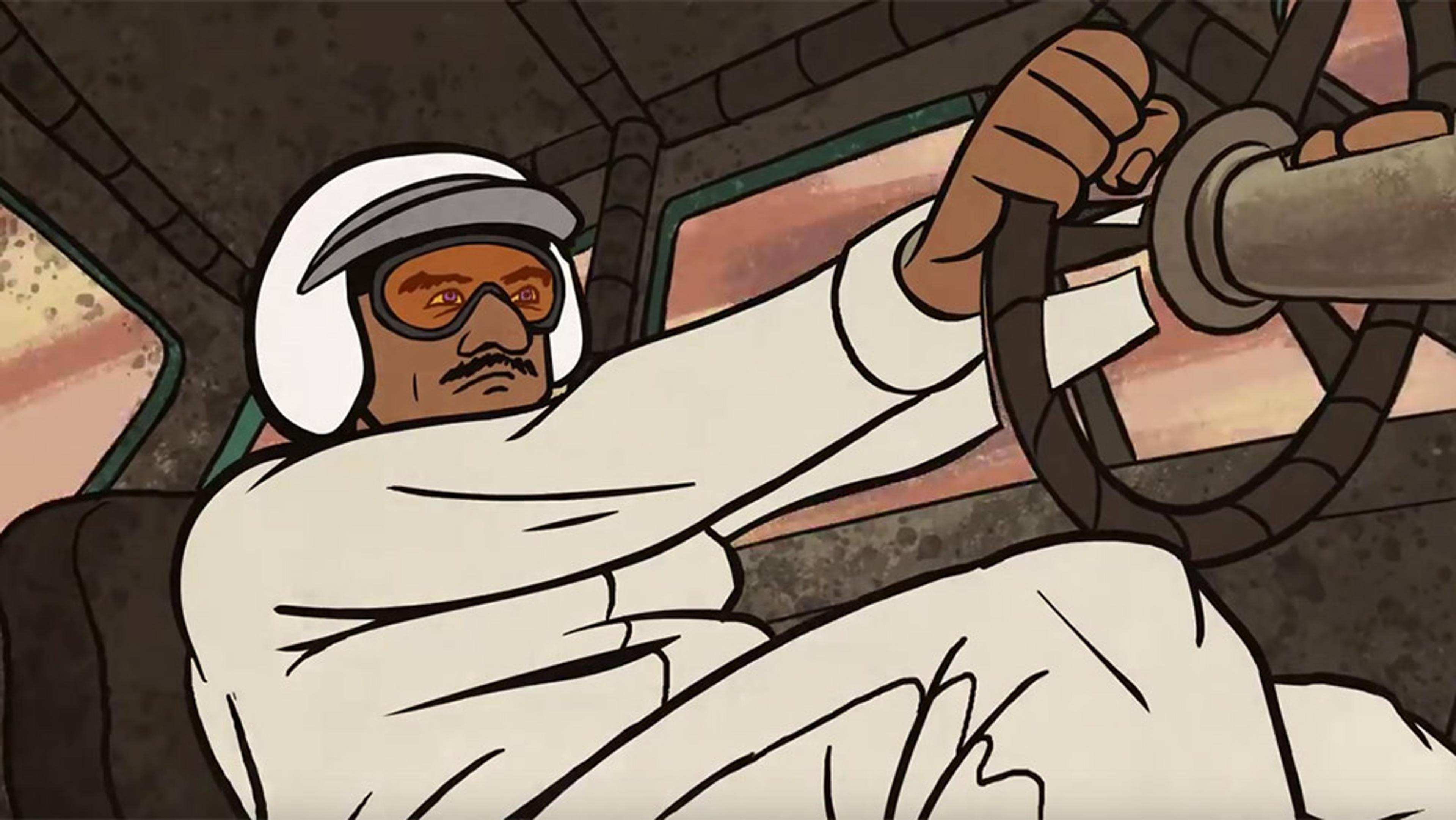In the 1980s, the US activist Bayard Rustin (1912-1987) adopted his younger longtime partner Walter Naegle, a strategy that gay couples employed as the only means to share civil and legal protections at a time of state-sanctioned discrimination. It was not, however, the first time that Rustin was at the forefront of a social struggle. After studying Gandhian methods of nonviolent resistance during a trip to India in 1948, he helped to teach the principles to Martin Luther King Jr, and to organise the March on Washington in 1963. Despite being a leading organiser and strategist in the fight for racial equality from 1955 to 1968, Rustin was a somewhat unsung civil-rights hero during his life, largely because he was openly gay. As recounted by Naegle, Bayard & Me explores how Rustin’s legacy, which intersected with the two of the biggest civil-rights struggles in US history, was cemented posthumously by LGBT activists who recognised him as a pioneer in the fight for marriage equality.
How a once overlooked civil-rights leader became an icon of gay marriage equality
Director: Matt Wolf
Producer: Brendan Doyle
Website: Super Deluxe

videoPolitical philosophy
The radical activist couple who fought for social change in the courtroom
21 minutes

videoWellbeing
The controversial New Age guru who believed self-love healed all – even AIDS
18 minutes

videoGender and identity
How a dairy farmer preached radical self-acceptance to his gay son in the 1950s
4 minutes

videoGender and identity
LGBTQ+ retirees celebrate their hard-earned self-acceptance at a belated prom night
14 minutes

videoHistory
What would American fascism look like? A 1939 New York rally offered more than a hint
7 minutes

videoHuman rights and justice
The legendary debate that laid down US political lines on race, justice and history
59 minutes

videoRace and ethnicity
The courage and determination that fuelled Wendell Scott, NASCAR’s first black driver
3 minutes

videoSex and sexuality
From secret crushes to self-acceptance – a joyful chronicle of ‘old lesbian’ stories
29 minutes

videoGender and identity
The origins of the high five, and its inventor – an unsung gay pioneer
10 minutes